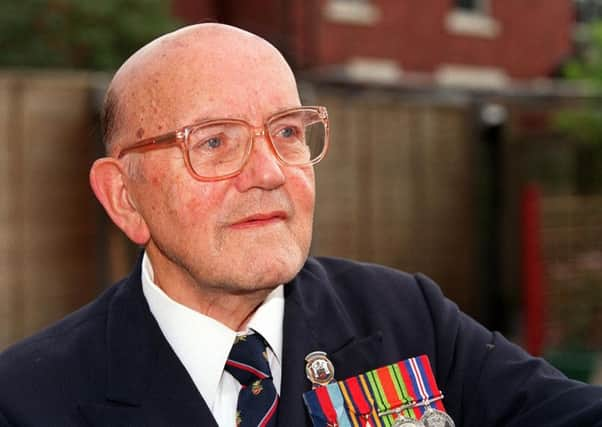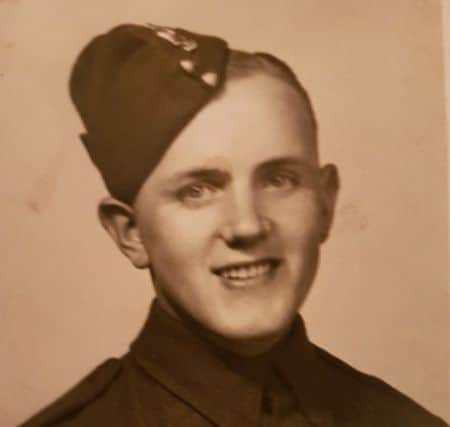James Else MBE, Dunkirk veteran


Born in Leeds, four months before the Armistice, he was the youngest of three. His father was a coalman and an evangelising Socialist councillor.
He was the only pupil at his elementary school, Green Lane Primary in Armley, to win a scholarship, and went on to pass matriculation two years early, at 14. But there was no money for his further education and in any case he was happy enough to start work with the Leeds Corporation electricity department.
Advertisement
Hide AdAdvertisement
Hide AdHe signed up for the Royal Navy at the outset of war, but arrived on the wrong day and was recruited instead to the Royal Army Ordnance Corps. They posted him to France in February 1940 to provide reinforcement to the 2nd Infantry Division. The bombing started on May 10.


“My first thought was it was practice fire, not that we were under attack from the Germans,” he would recall.
Moved forward to the front line and under attack, he saw his first taste of war at close-up. Out-flanked because the French had pulled back, his unit retreated to the next river line and he volunteered to be a one man reconnaissance party.
“It seemed like the whole of France was fleeing the conflict,” he said. In one village, a horse and cart led a procession of villagers with their worldly goods packed into prams. “Then there was the rat-a-tat of machine guns and the horse and cart was on fire.
Advertisement
Hide AdAdvertisement
Hide Ad“The procession was either shot or managed to run for their lives, into the woods, into ditches. It was shocking and frustrating and I could do nothing about it.”


As his unit moved towards Dunkirk, he and his comrades had to navigate deep ditches at the sides of the road, jumping into them whenever they came under fire.
At the sea front, he said, it was every man for himself.
“I jumped about 16ft from the quay onto the deck of the HMS Greyhound. We arrived back in Dover about four the next afternoon and from there we went to Aldershot.
“Anthony Eden, the Foreign Secretary, came to visit us and attempted to make some speech but was drowned out by the lads shouting for leave.”
Advertisement
Hide AdAdvertisement
Hide AdHe went on to serve in Poona, India for four years, until his demob, but it was Operation Dynamo, the celebrated rescue of 338,000 troops in the “miracle of Dunkirk”, that left the most lasting impression, and he dedicated much of his life to the Dunkirk Veterans’ Association. In 1956 he helped organise and attended the first annual pilgrimage back to France and in the 1980s, he was re-elected national treasurer.
By 2000, when the Association was disbanded, he was its national chairman. The final pilgrimage to Dunkirk was attended by the Prince of Wales and in the same year, James was awarded the MBE for services to the Association. He was also given the Freedom of the Belgian border town of De Panne.
On the home front, he had resumed his job at the Electricity Board after the war, studying for his accountancy exams in his 40s and becoming area accountant for the Yorkshire Electricity Board. He retired at 58 to care for his wife, Dorothy, who suffered blindness.
An accomplished jazz musician, he played double bass in a band and claimed to have been a founder member of the Harry Roy Jazz Club.
Advertisement
Hide AdAdvertisement
Hide AdHe was also a passionate cyclist, having attempted the John O’Groats to Lands End run as early as 16.
He also liked walking, taking on the Yorkshire Three Peaks challenge for the first time at age 60.
He is survived by his daughters Hilary and Carol, and by four grandchildren.